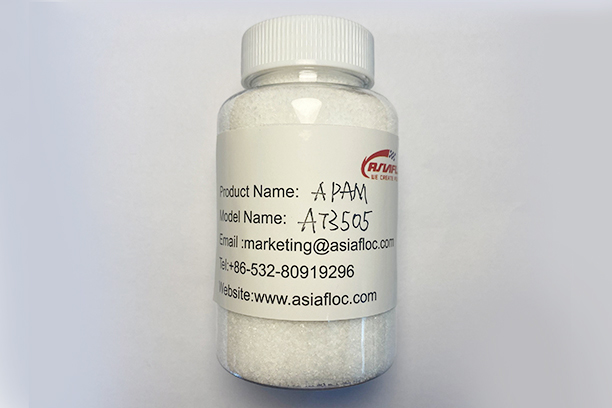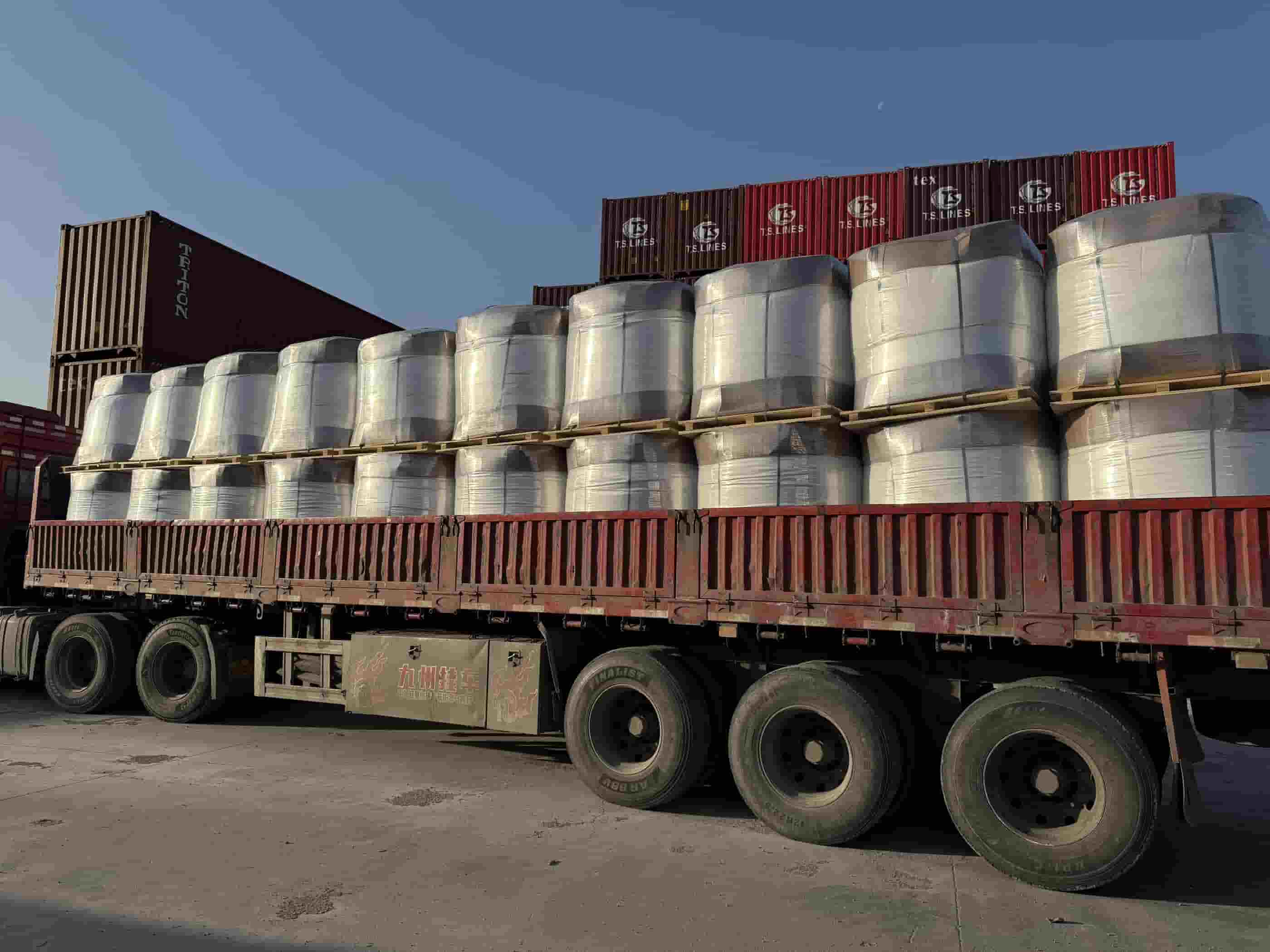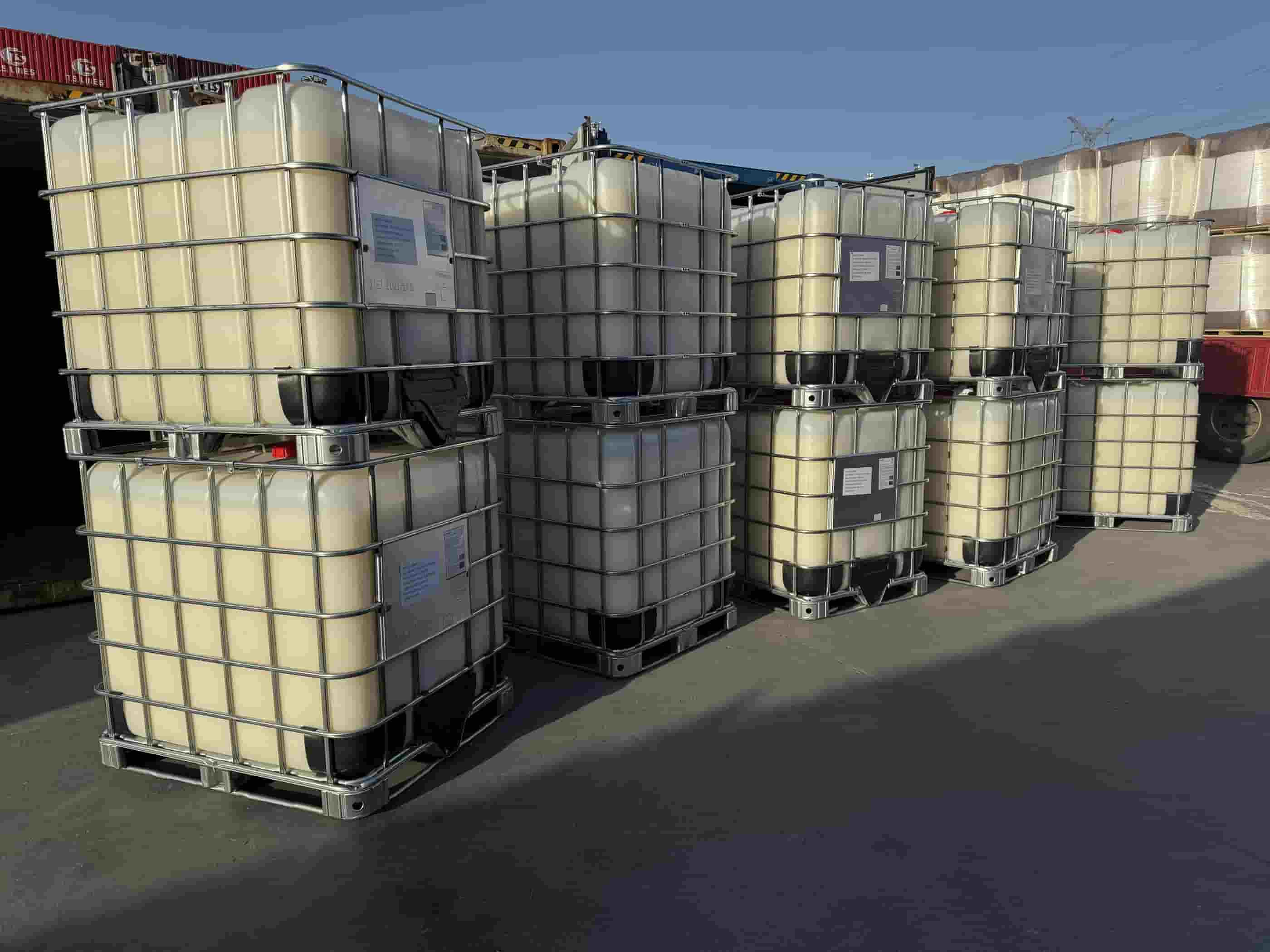Polyacrylamide, PAM for short, is a kind of linear high polymer, is the application of water soluble polymer compounds is one of the varieties of polyacrylamide and its derivatives can be used as a flocculating agent, thickening agent, paper strengthening agent and fluid drag reduction agent, etc., used in water treatment, paper making, petroleum, coal, mining and metallurgy, geology, light textile, construction and other industrial sectors. Insoluble in most organic solvents, with good flocculation, can reduce the friction resistance between the liquid, according to the ionic characteristics can be divided into anion, cation, non ion three types.
Main applications of anionic and non-ionic polyacrylamide (SuperFLOC 110 HMW 120 HMW)
Color
- white powder
Application
- water treatment
Certificate
- iso9001
Place of Origin
- china
Other Names
- flocculant
CAS No
- 9003-05-8
Brand Name
- chinafloc
Main applications of anionic and non-ionic polyacrylamide (SuperFLOC 110 HMW 120 HMW)
【 Product Introduction 】
Polyacrylamide, PAM for short, is a kind of linear high polymer, is the application of water soluble polymer compounds is one of the varieties of polyacrylamide and its derivatives can be used as a flocculating agent, thickening agent, paper strengthening agent and fluid drag reduction agent, etc., used in water treatment, paper making, petroleum, coal, mining and metallurgy, geology, light textile, construction and other industrial sectors. Insoluble in most organic solvents, with good flocculation, can reduce the friction resistance between the liquid, according to the ionic characteristics can be divided into anion, cation, non ion three types.
[Application field]
1, used for industrial wastewater treatment. Especially coarse suspended particles, high concentration, particles with positive charge, PH value of water for neutral or alkaline sewage, such as: metallurgical wastewater, steel wastewater, electroplating wastewater, mineral processing wastewater, aluminum processing wastewater, papermaking wastewater, power plant water, river sand washing and other wastewater treatment. It is also used in the primary treatment of urban sewage. Often used in conjunction with inorganic flocculants.
2, molecular weight polyacrylamide is mainly used for third oil recovery in the oil field. Enhanced oil recovery as a tertiary oil recovery technology, each ton of polymer can produce 150 tons of crude oil for users.
3, used in textile, felt industry sizing, cement quick setting, synthetic resin coating. Photosensitive polymers, adhesives, dispersants, and agricultural soil gels, mud stabilizers, soil improvers.
4, can be used for sludge dehydrating agent, especially the water quality is more complex or often change the water and the sludge dewatering of oil refineries and chemical plants, the effect is better. As a flocculant for water treatment, the product's performance in reducing surface tension is far greater than the ability of anion and cation alone under the same conditions.
5, used in paper industry. One is to improve the retention rate of filler, pigment and so on, and the other is to improve the strength of paper (including dry strength and wet strength). In addition, it can also improve the tear resistance and multiple FL properties of paper to improve the visual and printing performance, but also used in food and tea wrapping paper.
6, sugar industry for sugar juice clarification agent.
7, can be used as aquatic feed additives and binder.
8, the oil recovery of the refinery water treatment site.
[use]
1, solid polyacrylamide should not be directly added to use, must use clean water (such as tap water, conditions can use about 30 degrees of warm water to accelerate the dissolution of flocculant) dissolved evenly and then added to use according to a certain proportion. It is recommended to control the concentration of polypropionylamine solution in 0.1%- 0.5%, generally not more than 0.5%, and then dilute again when used. Note that when dosing, gradual dosing should be adopted, and slowly put the drug into the water, then evenly dispersed in the water, dissolve, and eventually form a uniform, transparent liquid with obvious viscous properties.
2, preparation of PAM aqueous solution, in enamel, galvanized, aluminum or plastic bucket is more suitable, not in iron container preparation and storage, because iron ion is the catalyst easy to make polyacrylamide decomposition.
3, when dissolving polyacrylamide, attention should be paid to the polyacrylamide products evenly and slowly added to the dissolver with stirring, stirring speed should not be strong (stirring blade not end line speed control in 8 m/s below), should avoid consolidation. Polyacrylamide solution should be prepared at the appropriate temperature, feeding can not be too fast, otherwise it is easy to form a group, the formation of "fisheye" flocculant dissolution time is usually in 30-60 minutes, generally speaking, the greater the relative molecular weight required for the longer dissolution time. Stir at about 120 revolutions per minute.
4, the water temperature should not exceed 60°C, room temperature is ok. Polyacrylamide aqueous solution should be used now, when the solution is placed for a long time, the performance of polyacrylamide will be gradually reduced depending on the water quality. Good configuration of polypropanylamine solution storage, cationic PAM should not exceed one day, anionic PAM should not exceed two days, so as not to degrade.
5, polyacrylamide ratio concentration of about 1-3‰, generally not more than 5‰(five thousand), the amount of solid polyacrylamide reference 1 ton of sewage (that is, a cubic of water) about 1-30 grams, according to the water turbidity, is to do the experiment, calculate the dosage and then use a lot.
[Packaging and Storage]
1, kraft paper with moisture-proof film, 25kg/bag, the product has moisture absorption, not leaky, moisture absorption agglomerate, affect the use effect, should avoid the sun and rain;
2. Under normal temperature conditions, the storage period of the product is one year, pay attention to ventilation and avoid light storage;
3. When storing small barrels, we should pay attention to turning and shaking regularly to achieve full mixing. Prevent layering.





551.jpg)
